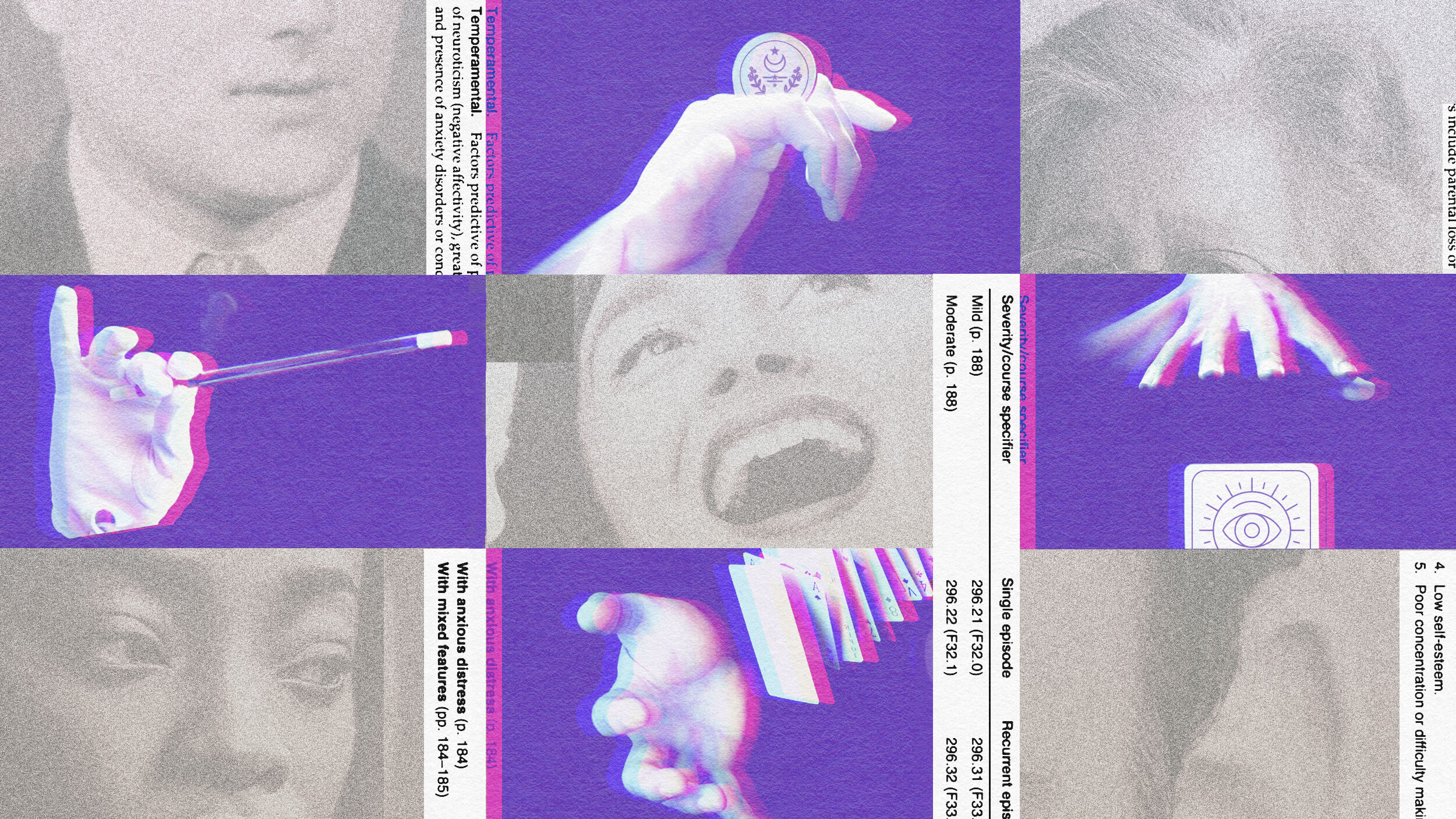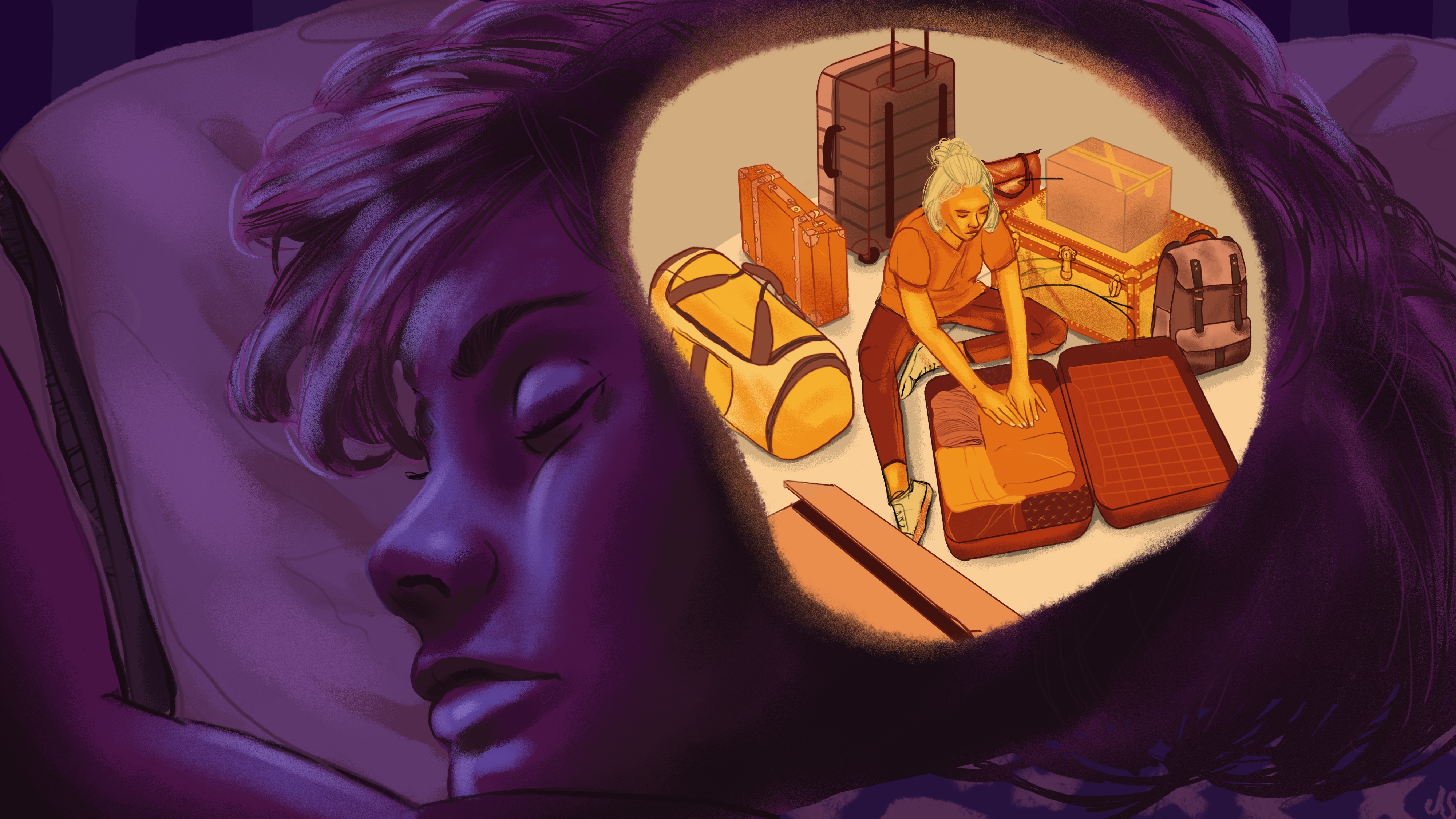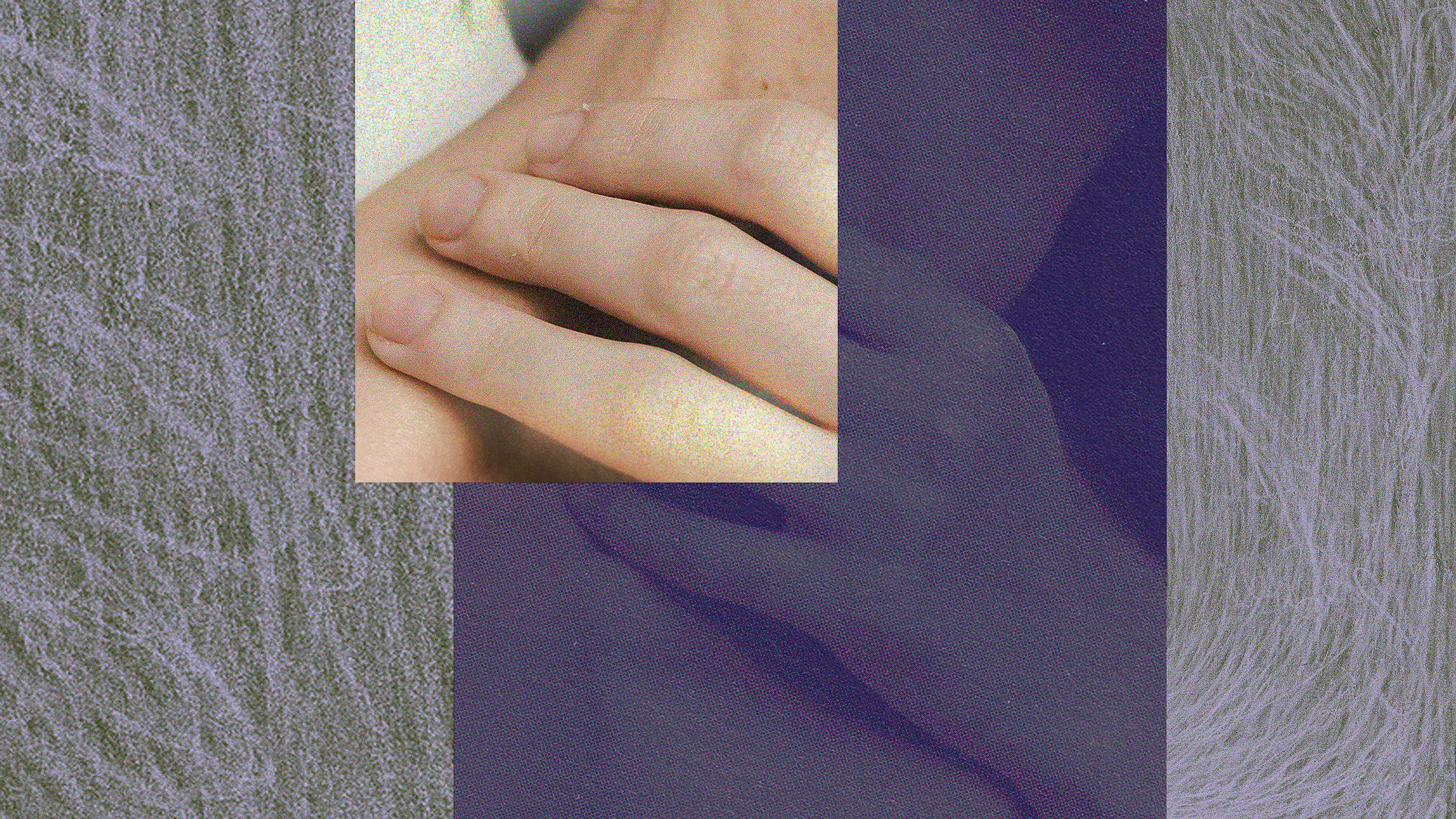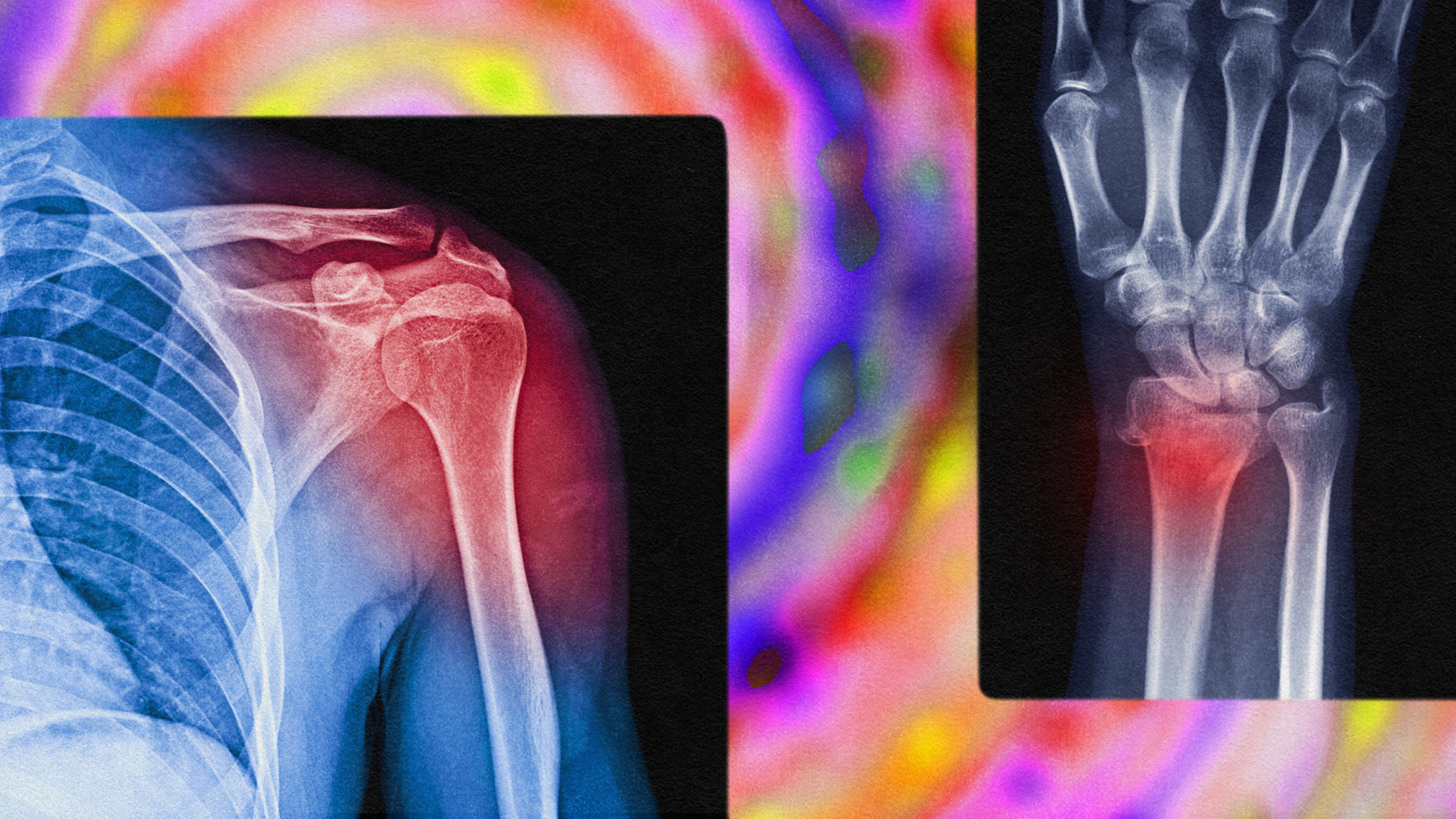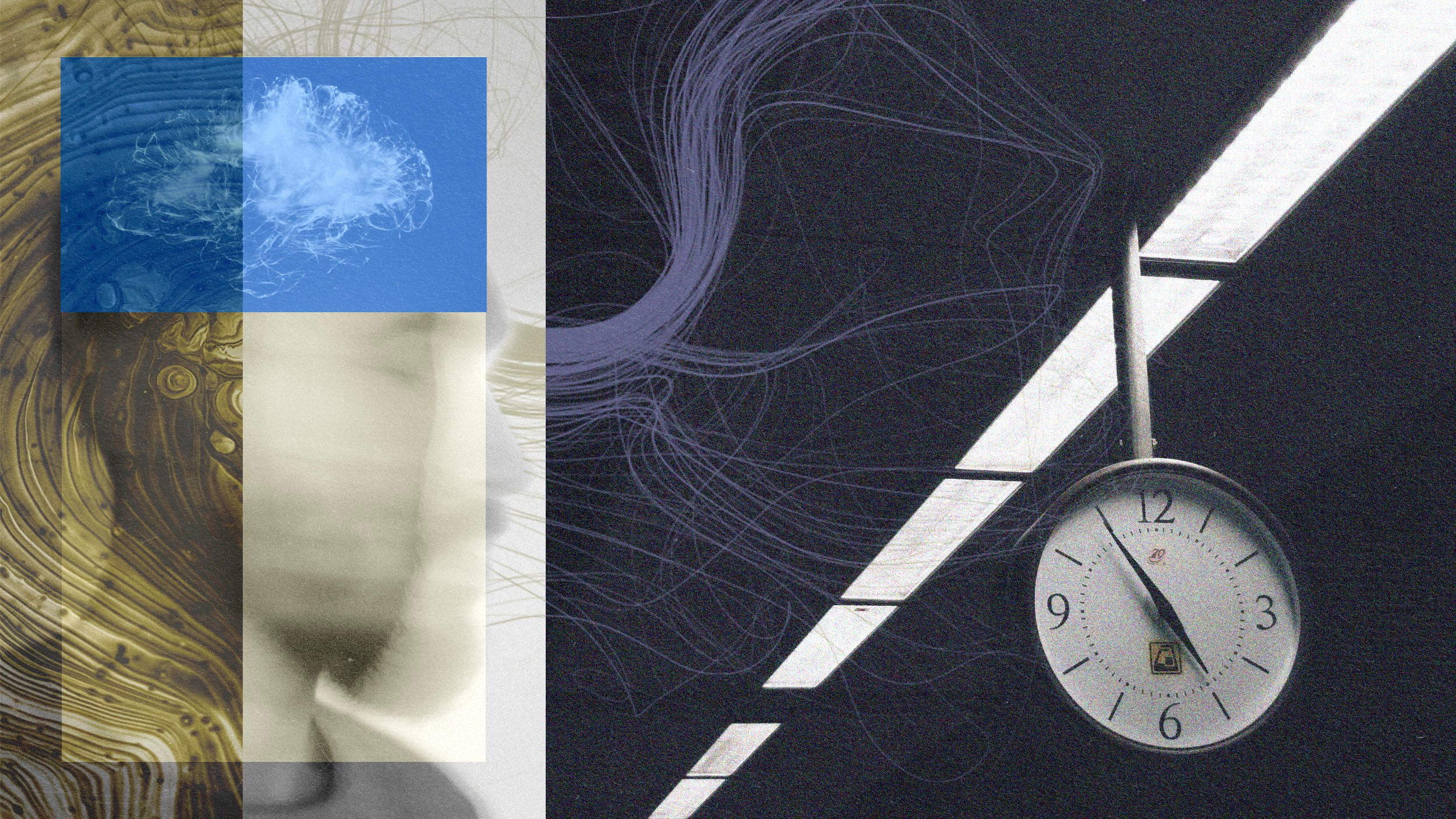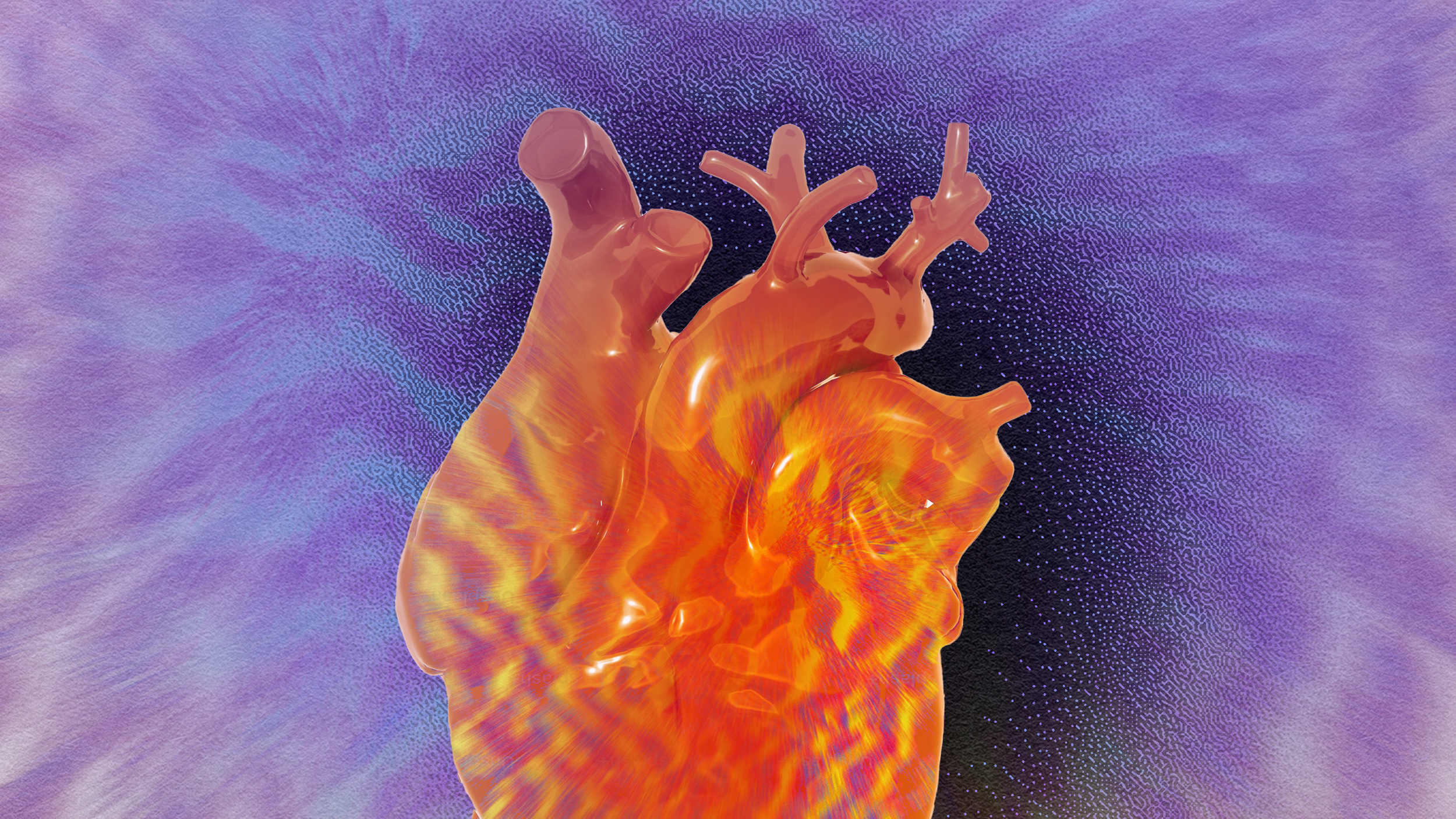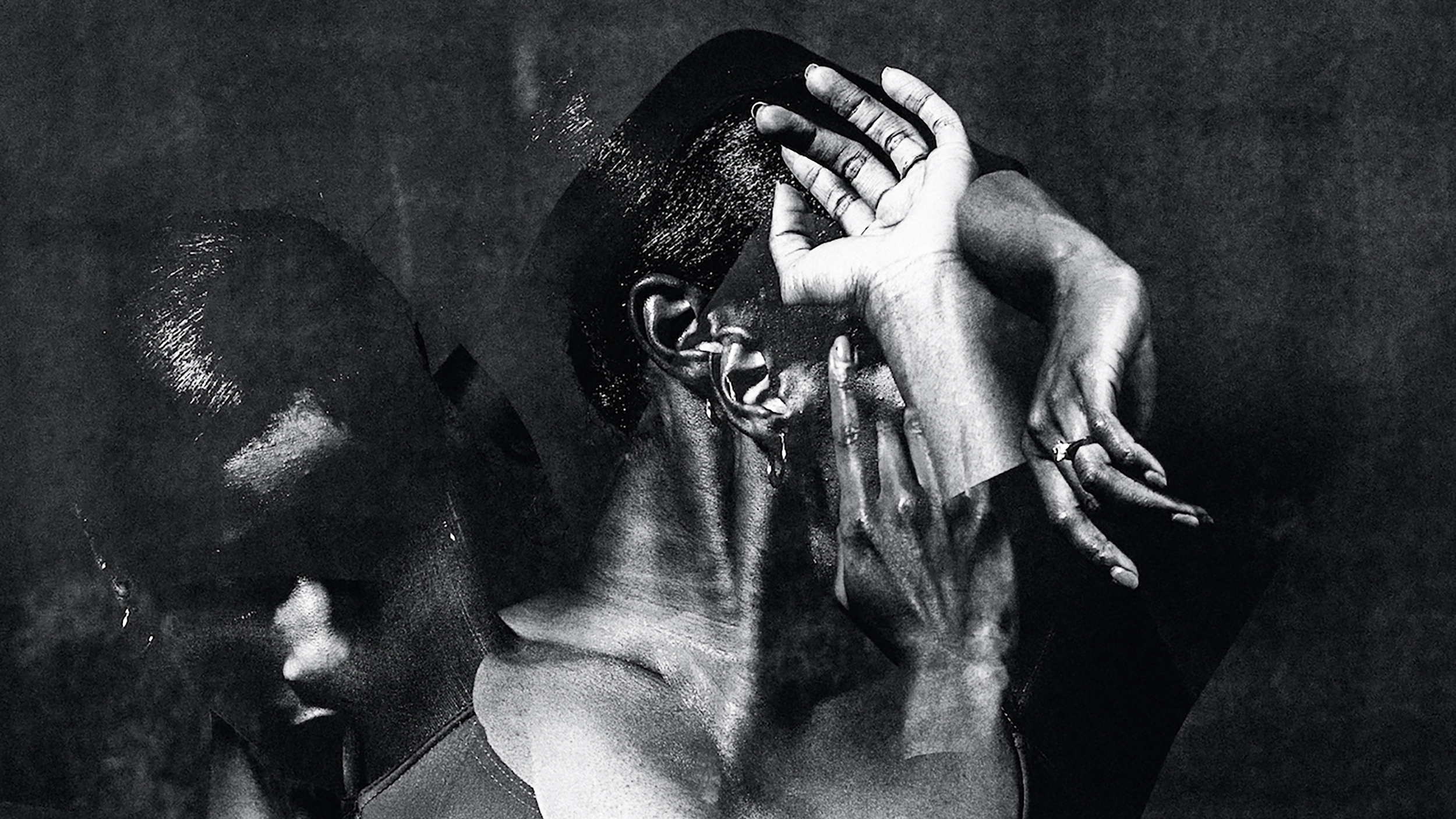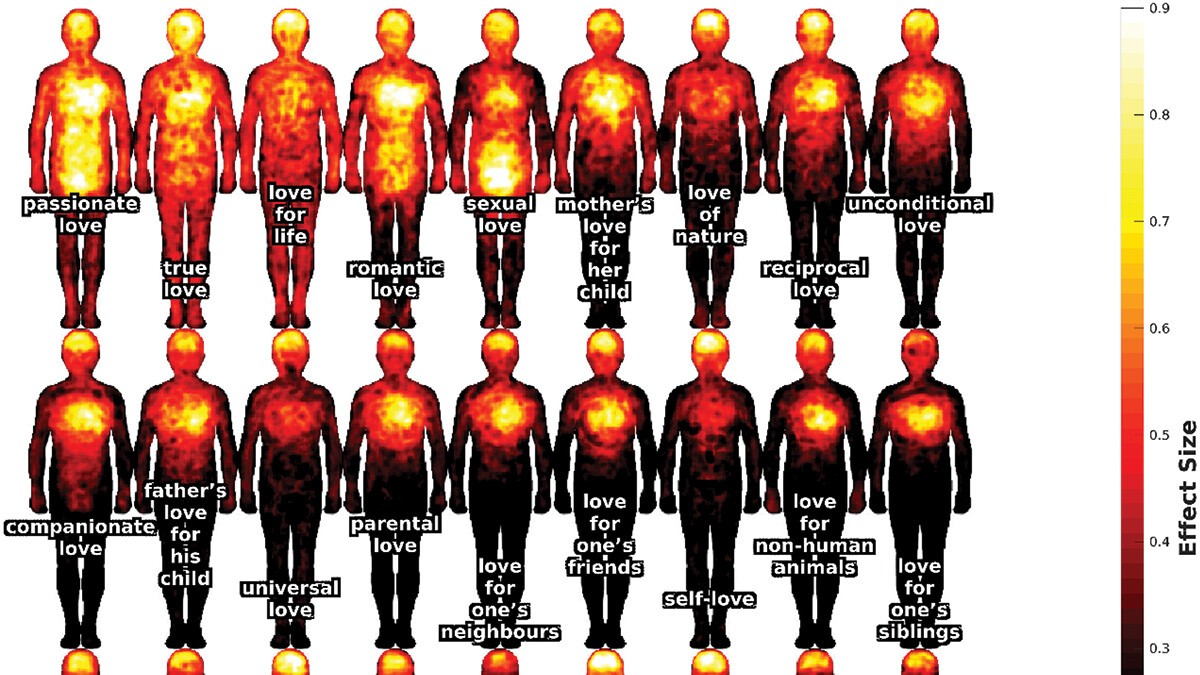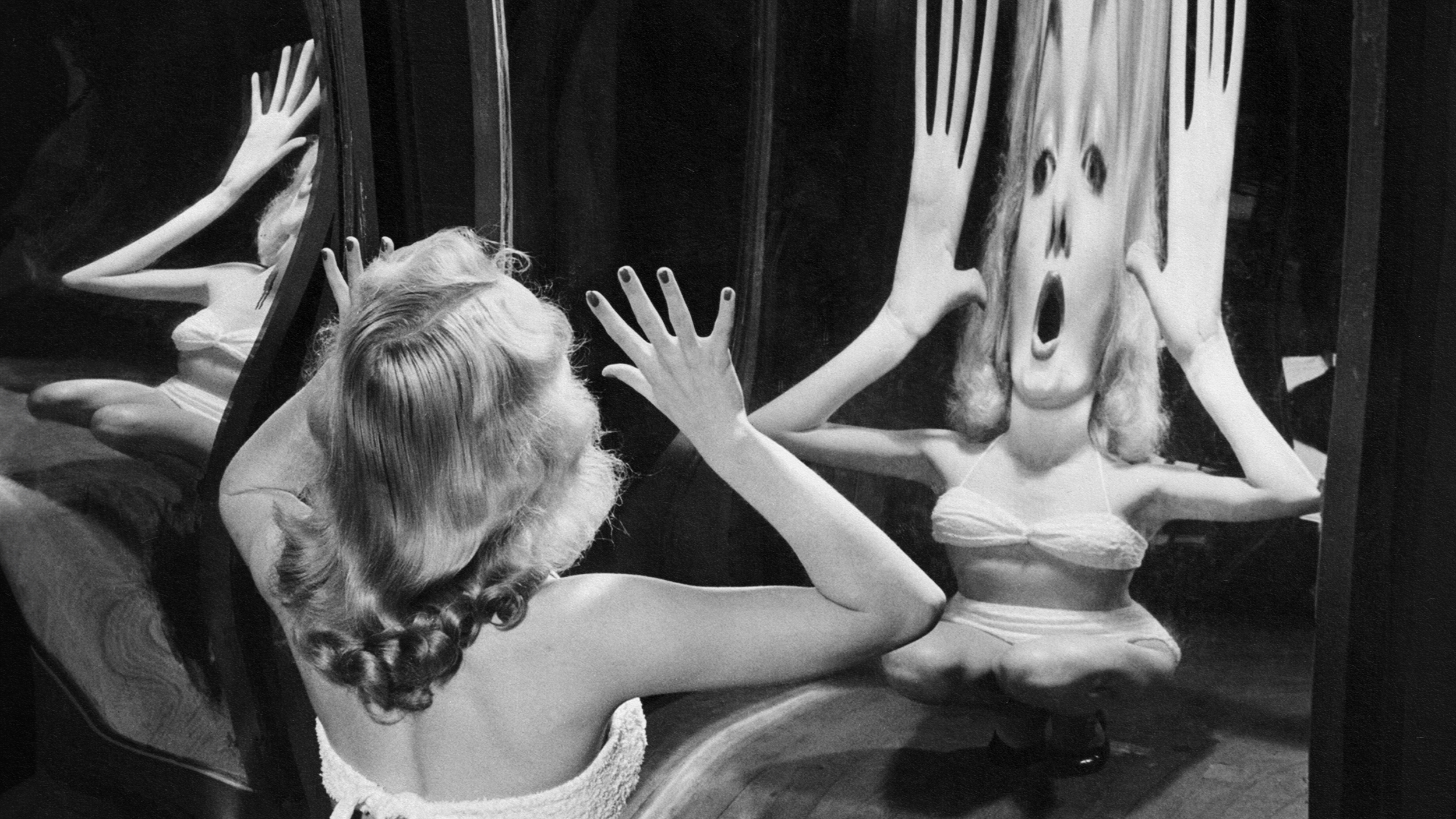Saga Briggs
Saga Briggs is a freelance journalist. Her articles on interoception and psychedelics have been published by Scientific American, Aeon+Psyche, and DoubleBlind Magazine. She is the author of How to Change Your Body: The Science of Interoception and Healing Through Connection to Yourself and Others (Synergetic Press, 2023).

Meet the scientist mixing mentalism with principles from positive psychology and the science of human potential.
“Upon emergence, these patients are sincerely unsure what was reality and what was a ‘dream.'”
Sound may be an overlooked tool for boosting well-being.
Depression can cause you to think too much — and physically sense too little.
Fixing chronic pain in the body may sometimes require a treatment focused on the brain.
A recent study suggests that exposure to visual stimuli can diminish the effects of psychedelic drugs.
Here’s the thorny reality behind psychedelics’ ability to unearth buried memories.
Research suggests you can influence your sense of time by changing the “embodiedness” of your daily habits.
The heart’s rhythms may play a larger role in shaping psychedelic experiences than previously thought.
Some neuroscientists question whether the body can “keep score” of anything in a meaningful way.
Survey data suggests that our bodily perceptions of love extend far beyond the heart.
In a psychedelic state, the relationship between your “narrative” and “minimal” selves seems to transform in unique ways.
